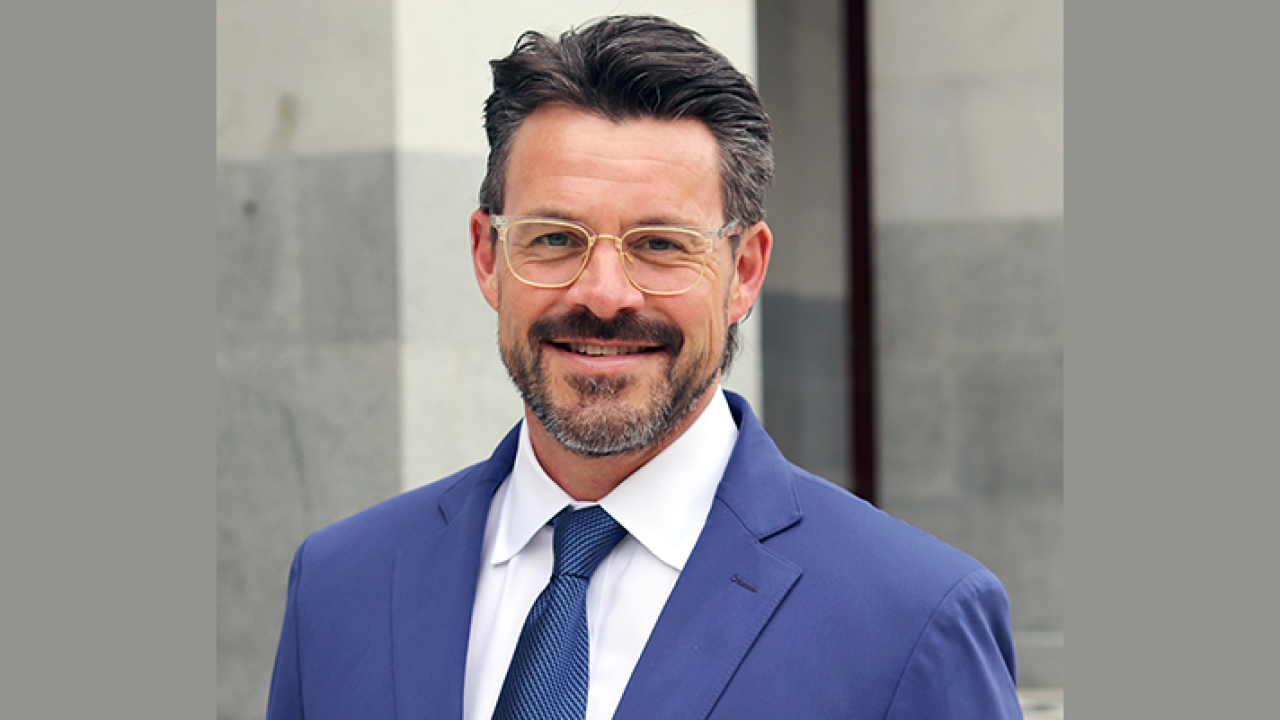The Massachusetts Water Pollution Abatement Trust, which serves as the state's revolving loan fund, will bring up to $350 million in pool program bonds to market in a negotiated sale that begins pricing tomorrow.
The sale will contain $122 million in new money and, depending on market conditions, up to $228 million to refund outstanding debt. This will be the seventh issue in the SRF program, which has $1.2 billion in outstanding debt.
Goldman, Sachs & Co., UBS Paine Webber Inc., Lehman Brothers, and Salomon Smith Barney Inc. are the co-senior underwriters on the deal. Mintz, Levin, Cohn, Ferris, Glovsky and Popeo is bond counsel and Lamont Financial Services Corp. is the financial adviser.
The trust is rated triple-A by Fitch, Moody's Investors Service, and Standard & Poor's.
There are 175 communities that are involved in the pool program
"In the late 1980s there was a serious realization that the harbors and waterways of the nation were being contaminated. That's why, on a national level, there are these trusts," said Nancy E. Parrillo, treasurer of the MWPAT. "In this area, all of the fishing and clamming industries were being affected. We are now seeing strides being made. Clam beds that have been closed for years are now being reopened. It's very satisfying to be part of this."
Chad H. Farrington, an analyst for Fitch, feels that the SRF is one of the strongest in the nation.
"The whole point of pooling is diversifying potential risk. The Massachusetts fund has the strongest underlying credit quality of participating borrowers out of any SRF, and they have the state-aid intercept program, and that adds substantial security and strength to the program," he said.
The MWPAT was created in 1989 as a water pollution revolving fund dedicated solely to achieving the goals of the federal Clean Water and Safe Drinking Water Act. The trust made its first loan in 1992. It provides financial assistance to municipalities for the construction, improvement, rehabilitation, or expansion of publicly owned systems for the storage, treatment, recycling, and reclamation of sewage.
"State revolving funds are a great example of how a complex financial operation can lead to good public policy. This trust has the capital market experience of the treasurer's office, the environmental experience of the Department of Environmental Protection , and the financial experience of the Executive Office for Administration and Finance, all working together to make this work, " said Scott Jordan, the EOAF's director of debt finance.
The fund is administered by Massachusetts Treasurer Shannon P. O'Brien's office and is overseen by a three-member board comprising O'Brien, EOAF secretary Stephen P. Crosby, and DEP commissioner Lauren A Liss.
"When we get enough loans, we bundle them up and take them to market as one giant bond issue," said fund treasurer Parrillo. "It doesn't matter if it's clean water or drinking water, it all goes to market in the same issue. We have had very successful retail periods in the past. We were able to get fairly favorable rates."
The trust combines federal grants and matching state money, which then back bonds issued to fund loans to municipalities. Interest earnings on the fund subsidize the loans and provide substantial additional security to the bonds.
"The trust has a pool of borrowers with excellent credit ratings," said Mary T. Francoeur, an analyst for Moody's. "We don't see any negative factors in the trust leveraging more and going out with 30-year loans instead of 20-year loans , or the fact that they plan to reduce the size of the reserve from 50% to 35% of their debt over time."
In addition to the pool loan program, the trust issues bonds for three other programs. These programs, rather than providing loans to Massachusetts municipalities generally, provide them to municipalities in more specific geographic areas.
The South Essex Sewage District loan program, which has $137 million in outstanding debt, was upgraded Friday by Moody's to Aaa from Aa1. Moody's said almost all of its outstanding debt will be refunded with Tuesday's bond issue. The remaining debt will be completely matched by the SESD reserve fund, according to Francoeur. Standard & Poor's rates the program AA-plus, and Fitch rates it AA.
The SESD was created to clean up Salem Harbor and Salem Sound, which are on Massachusetts' North Shore. Since the sewage treatment plant began operating two years ago, fish species that have been absent for 20 years have returned, and harbor seals are back as well.
The Massachusetts Water Resources Authority loan program has $441.8 million in outstanding debt. Fitch and Standard & Poor's rate the authority AA-plus, while Moody's upgraded it to Aaa from Aa1 on Friday.
The MWRA was established to handle the drinking-water and wastewater needs of 60 communities in the Boston area.
The New Bedford loan program, the only program which specifically serves one city, has $143.1 million in outstanding debt. Moody's rates the program Aa3, and Fitch rates it AAA.
"New Bedford is a fairly large community," Parrillo said. "It's a very industrial community that had a huge problem with pollution going into the Buzzard Bay, at the south end of Cape Cod. Boston Harbor was the worst in the state and the MWRA was created to deal with that problem."
In the future, however, the trust plans to do the majority of its lending through the pool program as opposed to the individual programs.





